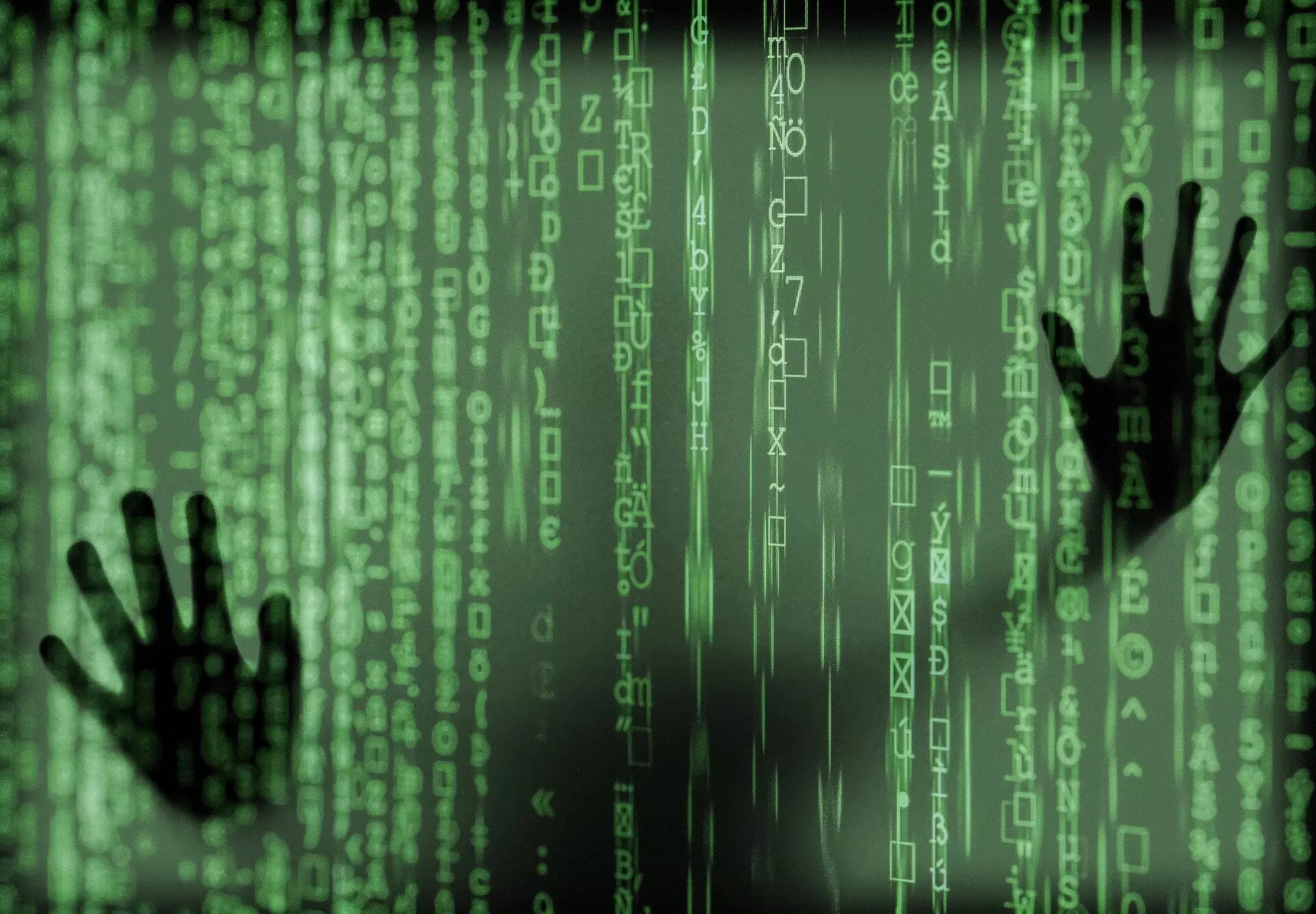In the ever-evolving digital age, numerous challenges have emerged, particularly in the areas of security, privacy, safeguarding, and human rights. A recent study published in the International Journal of Electronic Security and Digital Forensics delves into the realm of human rights in the wake of digitalization, shedding light on the legal obstacles faced in defining digital rights. The research, conducted by a team from Al-Farabi Kazakh National University, explores the need for harmonization in order to protect digital rights more effectively.
Defining digital rights poses a significant challenge, considering the multifaceted nature of the digital landscape. Traditionally, concepts of human rights have been associated with access to vital resources such as clean water, food, shelter, and safety. However, in the digital world, the notion of human rights has expanded to encompass internet access and the safeguarding of individuals from information and identity theft.
In an attempt to explore the legal challenges surrounding digital rights, the researchers conducted a comparative study. By employing induction and deduction, they analyzed the historical development of digital rights and shed light on the legal disparities among the member states of the Eurasian Economic Community (EAEU). This study highlights the lack of a unified definition of “information” within the EAEU Treaty, further complicating the pursuit of consistent digital rights protection.
With the proliferation of information and communication technology, including the advent of portable computers and smartphones, the urgency to address digital rights has become increasingly evident. However, legal systems in many countries fail to adequately understand and tackle the challenges of this parallel digital universe. This lack of comprehension and the resultant ambiguity hinder the establishment of effective legal frameworks to protect digital rights.
The study conducted by the researchers serves as a wake-up call for policymakers and legal experts, encouraging them to bridge the gap in underdeveloped legal systems that struggle to comprehend the intricacies of the digital world. The need for harmonization across regions and nations becomes imperative, as highlighted by the discrepancies within the EAEU. Without a unified understanding of “information”, consistent and comprehensive digital rights protection cannot be achieved.
While the research primarily focused on the EAEU member states, its implications extend far beyond this region. The study emphasizes the global context of digital rights and underscores the necessity to find a common ground for harmonizing digital rights definitions worldwide. Addressing the challenges faced by the EAEU in defining digital rights sets a precedent and paves the way for similar efforts on a global scale.
The importance of this research stretches beyond legal circles and extends to all individuals who navigate the digital landscape. As digitalization continues to shape our lives, the protection of digital rights becomes a paramount concern for society as a whole. The knowledge and discussions arising from this study can drive meaningful change and prompt policymakers to establish comprehensive digital rights protection frameworks.
In the digital age, the wide-ranging challenges surrounding the definition of digital rights demand immediate attention. The research conducted by the team at Al-Farabi Kazakh National University sheds light on the legal disparities within the EAEU and emphasizes the need for harmonization to protect digital rights effectively. By reconciling these differences and establishing comprehensive legal frameworks, societies can ensure the fair treatment and protection of individuals in the digital realm. The global context must also be considered, with efforts to harmonize digital rights definitions on an international scale becoming crucial. Only through collaboration and understanding can we navigate the complexities of the digital age and safeguard the digital rights of all.



Leave a Reply